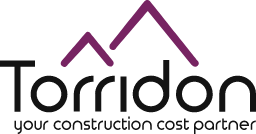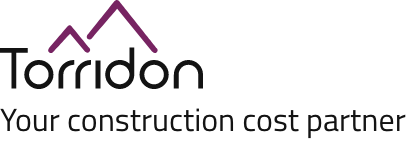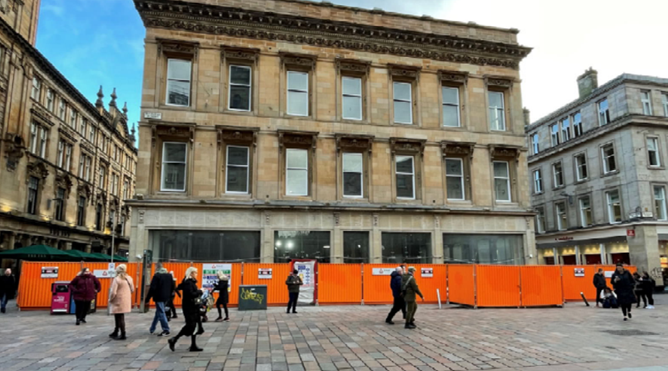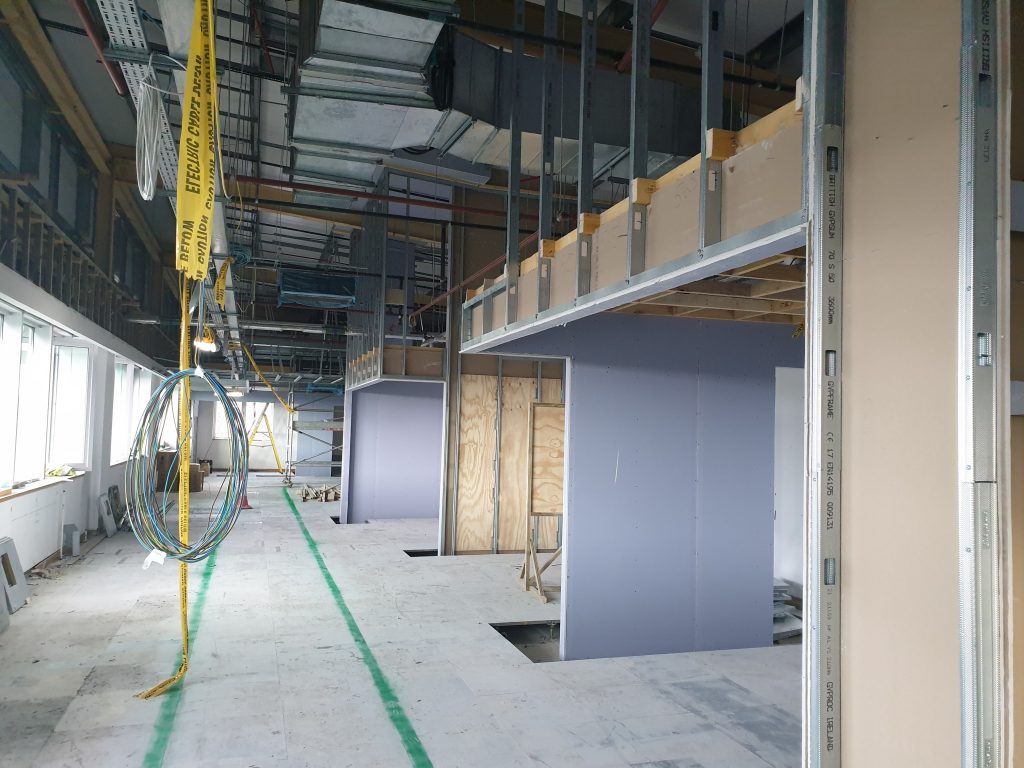As QS’s we are regularly approached for advice on high-level costs at the feasibility stage of a project. Clients & Developers need to have a construction cost to feed into their project appraisal in order to decide if the project is worth pursuing further.
This initial budget forms one of, if not the most important budget on the project. The whole rationale for the project is based on the figure issued at this time. A Go- or No-go decision is based on this figure, yet often it can be rushed. Often it’s the last piece of the jigsaw, one that lands on the QS desk at ten to four with a need for a figure next morning. Not spending time on this stage will often result in a penny-pinching exercise later on, as designs are rationalized to deal with a lack of funds available. Worse still it can result in a project being cancelled as it doesn’t stack up. No one wants that to happen.
1) What data goes into forming a feasibility budget?
Over the years I’ve had various amounts of information given to me at this initial stage. On one occasion, I had a developer email me two squares on a sheet of A4 and ask if I could cost it. Yup, it can be done. No problem! Maybe not the best way to approach it, but sometimes you just need that high-level information to decide if it’s worth spending any more time on in the first place. On other occasions, I’ve had full planning stage information. Again, maybe not the best way to approach it, as you have already committed a serious amount of resources and time to get there, but you don’t have an accurate costing done, and therefore don’t know if it’s affordable yet.
2) The Goldilocks Zone
You need to spend an appropriate amount of time and resources based on the stage you are at on a project. Not too much, not too little. RIBA plan of work 2020 gives us a nice update to a previously lacking document produced in 2013, as far as cost input stages were involved. This refreshed version goes into some detail in the overview document which accompanies it and recognizes the importance of budget setting from stage 0 on a project, and cites the cost plan being in alignment with the designs by stage 3.
3) When should I employ a QS on a development then?
Quite simply, at the very early stages! This is when developers are looking for high-level input on the construction costs. This is typically issued as a cost range, with some text to accompany it explaining the basis and assumptions in arriving at that figure. As designers are appointed and basic building forms and layouts are produced, another opportunity for a budget check presents itself. A little more detail can be added, often costing the major elements of the project, assumptions from the previous stage checked, and high-level information from any early desktop and site studies such as SI, mining data, flood risks, ground gas conditions and so on, can be assimilated into the costs. The risk management template produced in stage 0 can be added to as more information becomes available and cost contingencies can be reviewed along with the incoming data. Torridon ensures that regular budget checks are carried out along all the stages of a project as the design develops to ensure that the decisions being made are based on the latest cost data. This maximizes our client’s ability to protect their margins and build in plans to deal with risks.
Summary
Its not just a case of the more detail you have, the more accurate your costs, but also balancing the right level of investment in data gathering on a project at the right time to allow time to alter the course of the development to reflect the information coming in.
If you would like help with a project you are working on, do get in touch.
Tags: Construction Cost Certainty
